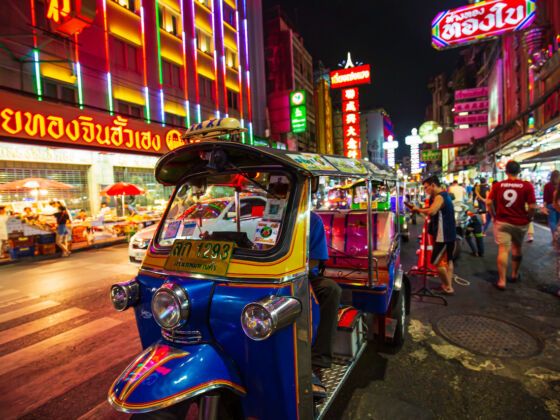Let me start by offering the disclaimer that I have no particular use for what is commonly called a “vacation.”
“Vacation” is for people who find their vocation unpleasant, and desire to “escape” as often as possible.
For these folks, sitting on a beach is probably the most appropriate option, because the idea of working while on “vacation” would seem repugnant.
